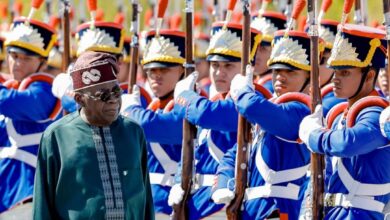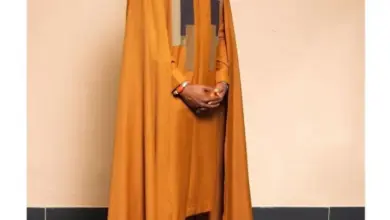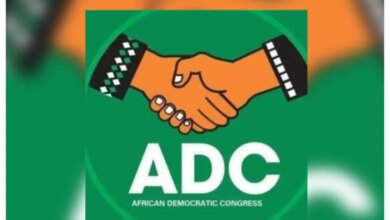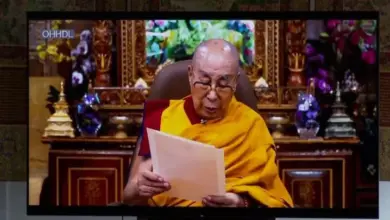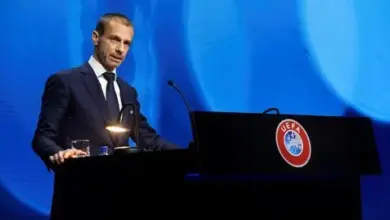Sen Obiorah wants President, govs stripped of power to appoint INEC, SIEC members
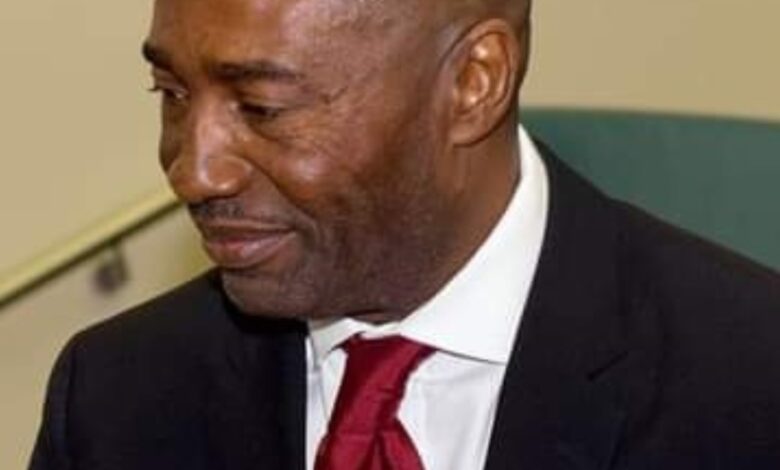
A lawyer and former member of the National Assembly, Senator Ikechukwu Obiorah, has disclosed that over 90 percent of all elections so far held in Nigeria, since independence till date, have been brazenly rigged or perverted, thus causing the mass poverty and underdevelopment being experienced in the country.
Obiorah, who represented Anambra South Senatorial district between 2007 to 2011 in the National Assembly, blamed the non-existence of honest, transparent, free and fair elections in Nigeria for the mass poverty and gross underdevelopment in the nation presently.
The lawyer stated this in a statement titled ‘The Philosophy of Elections and Nigeria’s Fake Democracy’, made available to journalists in Abuja on Sunday.
Worried by this development, the erstwhile federal lawmaker has proposed a constitutional amendment that will ensure that the power to appoint members of electoral bodies – Independent National Electoral Commission, INEC, and State Independent National Electoral Commission, SIECs – is taken away from the President and governors and vested in a neutral body.
He said the move would help to lift Nigerians out poverty.
Obiorah has already sent the proposed bill to both the Senate and the House of Representatives.
The former senator reasoned that had the people been allowed to be exercising the power to freely elect their leaders since 1960, Nigeria would, by now, be a fully developed nation by first world standards and ramifications.
He said, “Since Independence, 90 percent of all elections, Parliamentary, Presidential, National Assembly, Governorship, House of Assembly, Local Government Council elections, have been brazenly stolen or rigged or perverted or altogether thwarted or nullified.
“In other words, Nigerians have never really and voluntarily chosen their leaders, nor have Nigerians ever been governed with their proper consent and participation.
“The absence of honest elections makes ours, a fake democracy, period. In Nigeria, the simple but painful cause of stealing and rigging of elections is that those vested with power to appoint the electoral bodies and personnel were themselves or their political parties or their preferred candidates, contestants in the same elections. It is just like making a person a judge in his own case.
“Right from Independence, the then Prime Minister, and later, the President, was always cloaked with the power to appoint the commissioners and senior officers of the electoral bodies responsible for the conduct of all elections in Nigeria.
“However, by virtue of the 1999 Constitution, the power of appointing the State electoral bodies responsible for conducting local government elections was transferred to the State Governors.
“Consequently, the world has been witnessing the Soviet Union style results declared from Nigeria’s local government elections, where the Governor’s political party, in most cases, scores 100% victory. The world has also been hearing loud cries and protestations against rigging and seeing the avalanche of court cases that attend all other elections in Nigeria for which the President appoints the electoral bodies and officers.”
Stressing the importance of making Bimodal Voter Accreditation System, BIVAS, and electronic transmission of results via INEC Results Viewing Portal, IReV, legally mandatory in the conduct of Nigerian elections, Obiorah pointed out that these systems cannot solve the problem of election rigging without the electoral bodies’ neutrality and integrity because BVAS and IReV are vulnerable to manipulation.
As a way out of this problem, Obiorah is proposing that the power for the appointment of electoral bodies be taken away from both the governors and the President and vested in a neutral body which would trigger processes in motion for lifting Nigeria out poverty.
He added, “I do, most humbly, propose a constitutional amendment to provide for the establishment of a new, truly and literally Independent National Electoral Commission, (new INEC), charged with the responsibility of conducting all elections for all elected offices in the three tiers of government, the Federal, State and Local Government.
“I do, also, propose that the new INEC be composed and constituted by thirteen commissioners, six of whom would be elected by the under-listed six Nigerian labour and professional organizations, and six commissioners nominated by the United Nations and one commissioner – observer nominated by Transparency International, totalling thirteen commissioners.
“The new INEC would have the power to elect and remove its Chairman and hire and fire all staff including the Chief Executive Officer. The election of six commissioners by the under listed Nigerian labour and professional organizations is arranged in a corresponding alphabetical order as follows: The Academic Staff Union of Polytechnics would elect one commissioner out of its members from the North Central geopolitical zone.
“The Academic Staff Union of Universities would elect one commissioner out of its members from the North East geopolitical zone; the Institute of Chartered Accountants would elect one commissioner out of its members from the North West geopolitical zone; the Nigerian Bar Association would elect one commissioner out of its members from the South East geopolitical zone.
“The Nigerian Medical Association would elect one commissioner out of its members from the South South geopolitical zone; the Nigerian Union of Journalists would elect one commissioner out of its members from the South West geopolitical zone.”
Obiorah clarified that nominations from the United Nations and Transparency International would definitely not violate Nigeria’s sovereignty, because those nominations would not be imposed by any sort of force, rather it is Nigeria as a sovereign nation that would voluntarily request these nominations.
He stated further that the UN and Transparency International would be positively disposed to acceding to Nigeria’s request because like other development institutions, they rightly regard stealing or rigging of elections as the worst and most destructive kind of all corrupt practices.
Obiorah also recalled that the President of Honduras, Xiomara Castro, not long ago, dispatched a letter to the United Nations requesting the UN’s establishment and management of an International Commission against Corruption and Impunity in Honduras, for which a memorandum of understanding has been signed by both parties in furtherance of that cooperation.
The United Nations and Transparency International, he added, would not nominate any Nigerian citizen or any person indigenous to Nigeria.
“It would be the job of the President to receive and collate the names and curriculum vitae of the nominees for transmission to the Senate and House of Representatives for confirmation.
“No nominee or nominee elect would be rejected or impeached by the National Assembly except by concurrent resolutions supported by at least two thirds majority of all Senators and Honourable Members of House of Representatives, respectively, voting individually in person by a secret ballot and televised in real time. Voice vote for this exercise would be prohibited.
“The tenure of office of a commissioner would not exceed four years.
It must be made clear that the establishment of the newINEC would not be a setback in the strides for devolution of powers to the States,” Obiorah stated.

